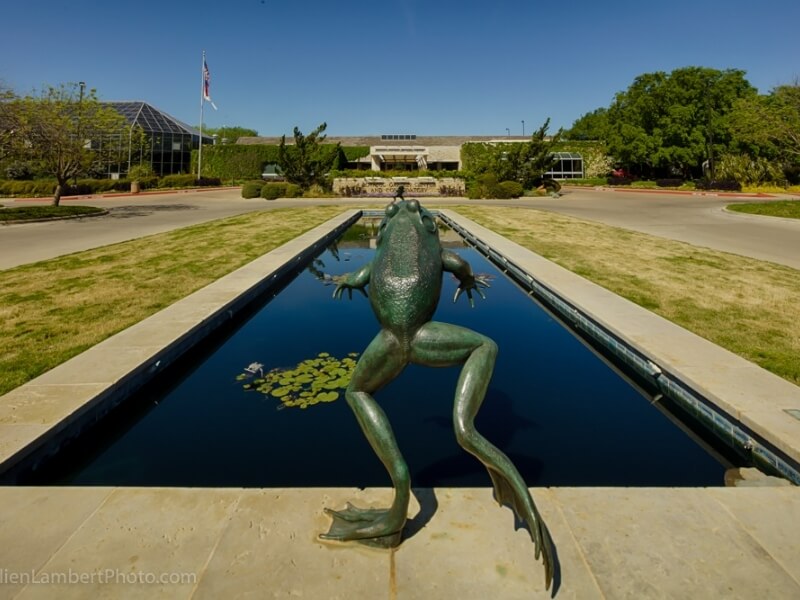Lichen Evolution and Diversity Program
We explore the origins, diversification, and ecological roles of lichens, with a focus on resolving species boundaries and evolutionary relationships using integrative approaches. Combining molecular phylogenetics, metagenomics, morphology, and herbarium-based research, the program aims to uncover patterns of lichen diversity across different environments and lineages.
Vision & Purpose
Program/Area Summary
Ongoing Research Projects in our Program:
Discover and formally describe new lichen species, with a particular focus on underexplored regions such as the Philippines and Latin America.
Advance public understanding of lichens in Texas through outreach and education, while facilitating the exchange of research and teaching materials at national and international levels.
Investigate the molecular basis of lichen symbioses using metagenomic approaches, emphasizing Horizontal Gene Transfer, Biosynthetic Gene Clusters (BGCs), and the genetic underpinnings of lichenization in basidiolichens.
Examine the diversity and biogeography of photobionts in pantropical cyanolichens to better understand symbiotic specificity and distribution patterns.
Explore microbiome evolution in lichens by integrating herbarium-based analyses with fluorescence in-situ hybridization to reveal spatial and temporal patterns of microbial associations.
Contribute to global lichen conservation efforts, with special attention to Latin America, Texas, and Southeast Asia.


